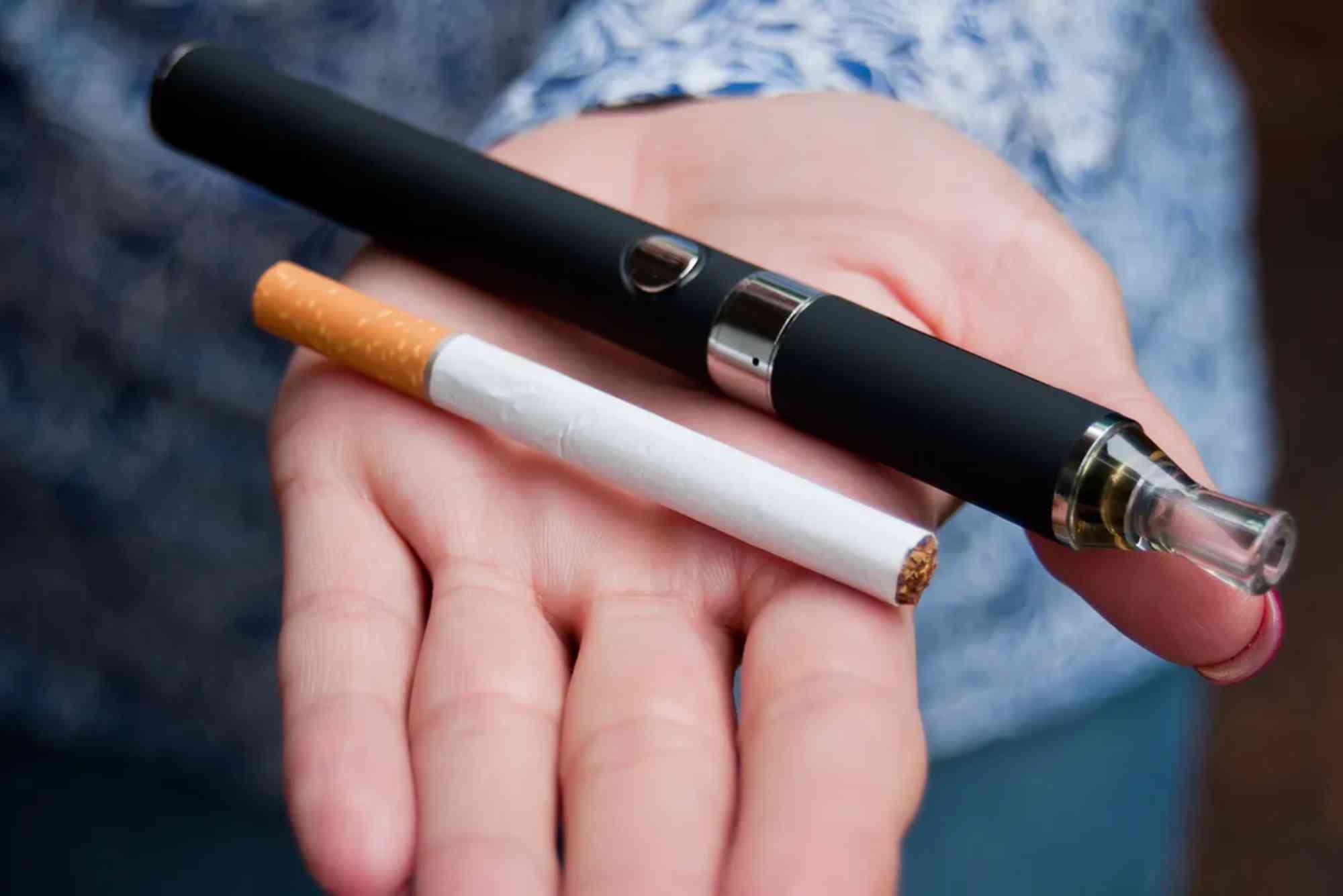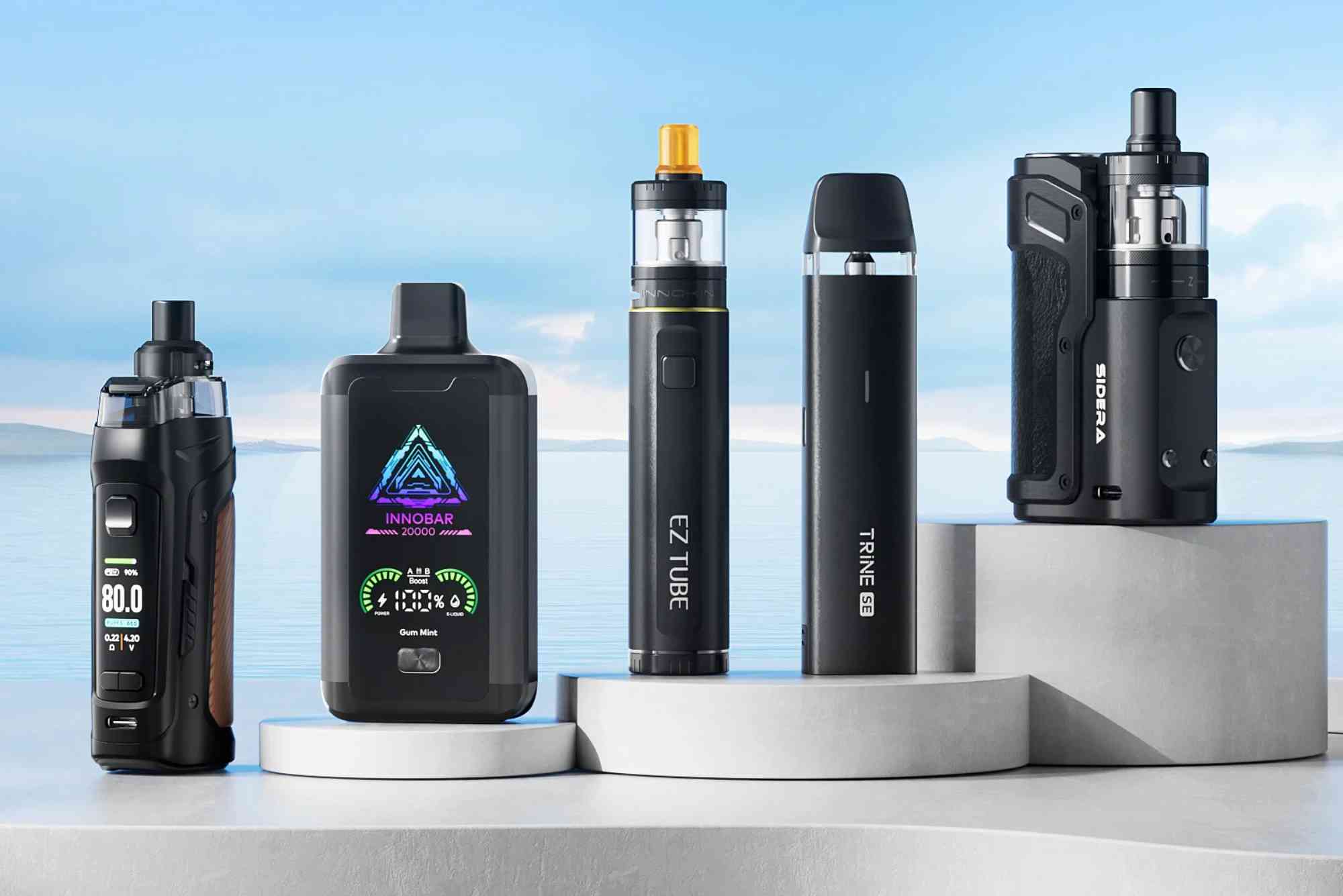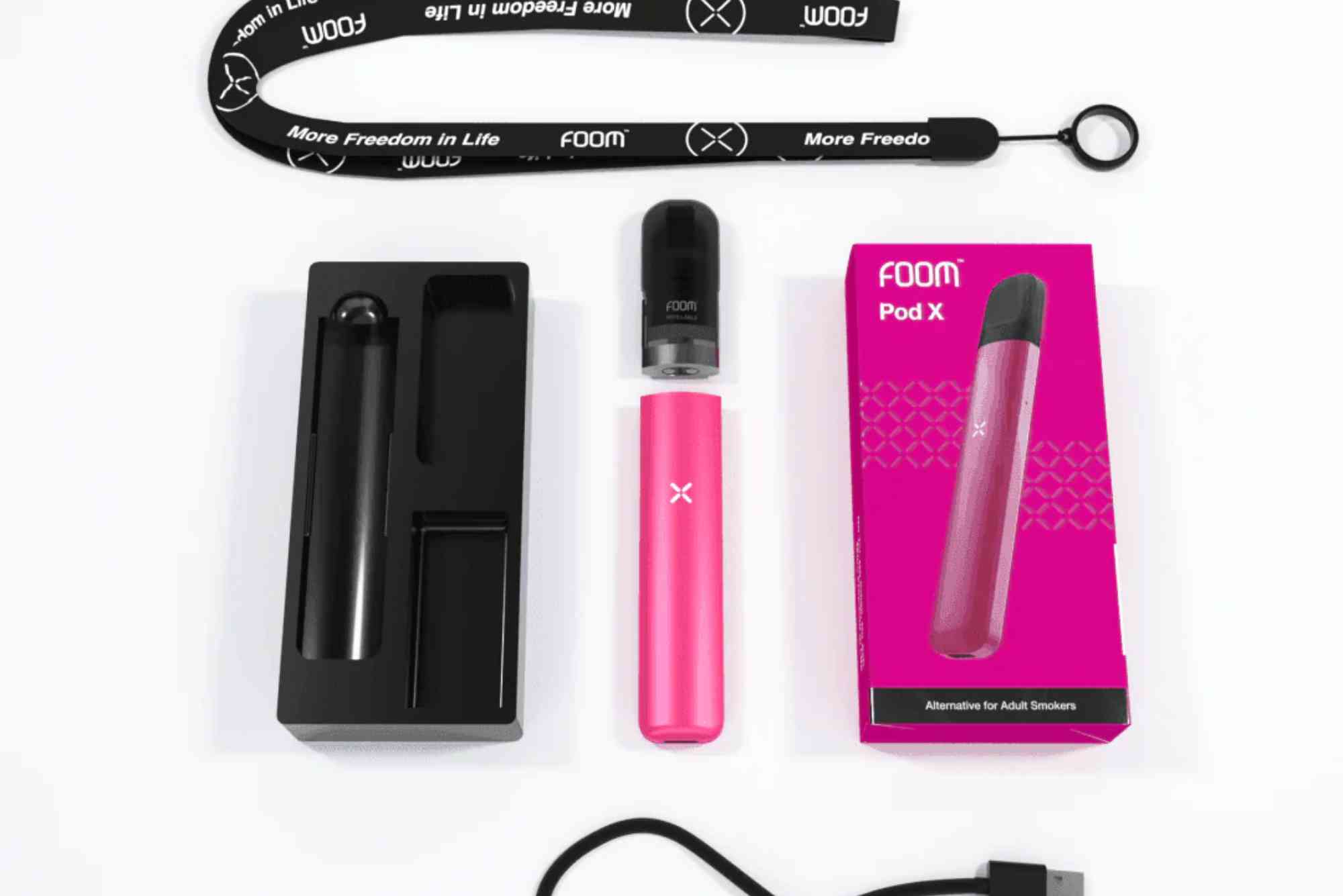Introduction
Vaping has transformed the landscape of tobacco consumption, especially as more adults turn to e-cigarettes as an alternative to smoking. In Michigan, the debate around vaping laws is not only about regulation but also about the potential for tobacco harm reduction. As policymakers, health professionals, and citizens navigate this complex issue, understanding Michigan laws on vaping becomes essential. These laws influence public health, youth safety, and the future of tobacco control in the state.
Understanding Michigan’s Approach to Vaping
Michigan has been proactive in addressing the rise of vaping, especially among young people. Unlike many states that reacted slowly to e-cigarette popularity, Michigan took early action to regulate the sale, marketing, and use of vaping products. The state’s goal is twofold: to protect public health while balancing adult access to potentially less harmful nicotine alternatives.
The Legal Definition of Vaping in Michigan
Under Michigan law, vaping products are defined as electronic devices that deliver vaporized nicotine or other substances through inhalation. These include e-cigarettes, vape pens, and other electronic nicotine delivery systems (ENDS). The state classifies these products under the same category as tobacco products, meaning they are subject to similar sales and advertising restrictions.
Age Restrictions and Retail Regulations
One of the core components of Michigan’s vaping laws is age-based sales control. The minimum legal age for purchasing vaping products in Michigan is 21, consistent with federal law. Retailers are required to verify age through a government-issued ID and face penalties for selling to minors. Online sales must also include age verification processes. These measures aim to curb youth vaping, which has become a major concern among educators and health officials.
Michigan’s Leadership in Vaping Policy
In 2019, Michigan made headlines as the first state to announce a ban on flavored e-cigarettes. The executive order aimed to tackle the rapid rise in teen vaping, which many attributed to the availability of fruit and candy-flavored e-liquids. While the ban was later blocked by court challenges, it marked a turning point in how states could approach the regulation of vaping products.
State Licensing and Compliance Requirements
Retailers and distributors in Michigan must comply with licensing requirements to legally sell vaping products. The Michigan Department of Health and Human Services (MDHHS) oversees these regulations, ensuring that sales are restricted to approved vendors who follow state law. Additionally, Michigan’s Clean Indoor Air Act extends to vaping in many public places, prohibiting use in schools, workplaces, and public transport facilities.
Taxation and Economic Impact
Currently, Michigan imposes a tax on traditional tobacco products, and discussions continue about extending similar taxation to vaping products. Supporters argue that taxing e-cigarettes can discourage youth use while generating funds for public health initiatives. Critics, however, caution that overtaxing may drive adult vapers back to traditional cigarettes, undermining harm reduction goals.
Vaping and Tobacco Harm Reduction – The Core Debate
Tobacco harm reduction (THR) refers to policies and practices designed to minimize the health risks associated with tobacco use without requiring complete nicotine abstinence. Proponents believe that vaping can serve as a safer alternative for smokers who cannot quit through conventional means. Michigan’s evolving stance on vaping could make it a leader in THR if it successfully integrates public safety with scientific evidence.
Scientific Perspectives on Harm Reduction
Research indicates that vaping, while not harmless, exposes users to significantly fewer toxic chemicals than smoking. Public Health England famously reported that e-cigarettes are about 95% less harmful than traditional cigarettes. For Michigan, integrating such scientific findings into public policy could support informed choices for adult smokers.
Balancing Public Health with Personal Freedom
Michigan lawmakers face a challenging balance: protecting youth while respecting adult choice. Excessive regulation can inadvertently discourage smokers from switching to less harmful alternatives. On the other hand, a lack of control risks a rise in youth addiction. The state’s future success in harm reduction depends on finding this delicate equilibrium through data-driven policymaking.
The Role of Education and Awareness
Legislation alone cannot control vaping behavior. Michigan has invested in educational initiatives that inform both parents and teens about the potential risks of nicotine addiction. Schools now incorporate vaping education into health curricula, while community programs promote awareness about cessation resources.
Parental and School Engagement
Parents play a vital role in monitoring and guiding their children’s behavior regarding vaping. Schools across Michigan have implemented anti-vaping campaigns and adopted stricter disciplinary measures against on-campus use. This collective effort helps reinforce the message that vaping is not risk-free, especially for youth.
Public Health Campaigns and Research Support
The Michigan Department of Health continues to run public health campaigns highlighting the dangers of nicotine exposure. These initiatives are funded in part by tobacco settlement revenues and federal grants. Local universities also contribute by conducting research on vaping’s health effects, addiction patterns, and cessation outcomes among Michigan residents.
How Michigan’s Laws Compare to Other States
When it comes to vaping laws, Michigan stands out for its early regulatory actions and continuous revisions. States like California and New York have imposed flavor bans, while others such as Florida maintain more lenient rules. Michigan’s approach lies in the middle—strict enough to protect youth but open enough to explore harm reduction possibilities. This balanced stance could make it a model for other U.S. states.
Enforcement and Penalties
Violations of Michigan’s vaping laws carry significant penalties. Retailers who sell to minors can face fines, license suspensions, or permanent revocation. Individuals caught providing vapes to underage users may also be penalized. Such enforcement mechanisms reflect Michigan’s commitment to responsible regulation rather than outright prohibition.
Public Support and Policy Evolution
Public opinion in Michigan about vaping remains divided. Many adults support strict youth protections but oppose blanket bans that limit adult access to safer nicotine alternatives. Lawmakers have shown flexibility by revisiting older statutes to reflect new research and evolving public health data. Staying informed through the Michigan Legislature — vaping statutes & updates is crucial for understanding these ongoing changes.
The Economic and Social Implications of Vaping Laws
Vaping has created a significant economic sector in Michigan. From vape shops to local e-liquid manufacturers, the industry supports small businesses and provides jobs. However, regulation can directly impact these enterprises. Policymakers must therefore weigh economic stability alongside health priorities.
Small Business Impact
Small vape retailers often bear the burden of compliance costs, including age verification systems and licensing fees. While these regulations promote safety, they also strain small business owners. Clear guidance and support from state agencies can help these businesses remain compliant without closing their doors.
Health and Cost Savings Potential
If vaping truly serves as a harm reduction tool, Michigan could see long-term public health benefits. Fewer smoking-related diseases mean lower healthcare costs, reduced hospitalizations, and a healthier population. Such outcomes depend on maintaining access to regulated, high-quality vaping products while discouraging illicit sales.
Future Directions – Can Michigan Lead in Tobacco Harm Reduction?
Michigan is positioned to become a national leader in responsible vaping regulation and tobacco harm reduction. By aligning lawmaking with scientific research, the state can set an example for how to reduce smoking-related harm without alienating adult consumers. Transparent communication, continuous research, and flexible regulation are key to this vision.
Integrating Research into Policy
The future of Michigan’s vaping laws may depend on stronger collaboration between policymakers and public health researchers. As more data emerges on long-term vaping effects, Michigan can adapt its policies to reflect scientific consensus rather than political trends. This evidence-based approach supports innovation in public health.
Encouraging Safe Transition for Adult Smokers
Encouraging smokers to transition to vaping should involve medical supervision and education. Physicians and cessation programs can help adults make informed choices and avoid dual use of cigarettes and vapes. This personalized approach could further establish Michigan’s leadership in harm reduction.
Conclusion – The Road Ahead for Michigan’s Vaping Landscape
Michigan’s vaping laws represent a dynamic intersection of public health, personal freedom, and science-based policy. While challenges remain—especially in preventing youth access—the state has demonstrated a willingness to evolve and learn. If Michigan continues to balance regulation with innovation, it could indeed lead the way in tobacco harm reduction across the United States. For citizens, staying informed about the Michigan laws on vaping ensures responsible participation in this ongoing transformation. Visit the Michigan Legislature — vaping statutes & updates to follow the latest developments.
If you live in Michigan or are involved in the vaping industry, now is the time to engage. Learn the laws, participate in community discussions, and advocate for balanced, evidence-based policies that protect health while supporting harm reduction. Your awareness and action can help shape Michigan’s future as a model for responsible vaping regulation.
FAQs
What is the legal age for vaping in Michigan?
You must be 21 or older to purchase or use vaping products in Michigan, in line with federal tobacco regulations.
Are flavored vape products banned in Michigan?
Michigan attempted to ban flavored vapes in 2019, but the ban was blocked by courts. Currently, flavored products remain available, but future restrictions may arise.
Can you vape in public places in Michigan?
Vaping is prohibited in many public areas, including schools, hospitals, and public transport, under the state’s Clean Indoor Air Act.
Is there a tax on vaping products in Michigan?
As of now, Michigan does not impose a specific excise tax on vaping products, though discussions about implementing one are ongoing.
Can adults legally buy vapes online in Michigan?
Yes, adults can buy vapes online, but sellers must verify the buyer’s age and comply with Michigan’s shipping and sales laws.




